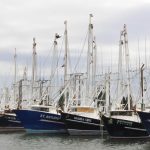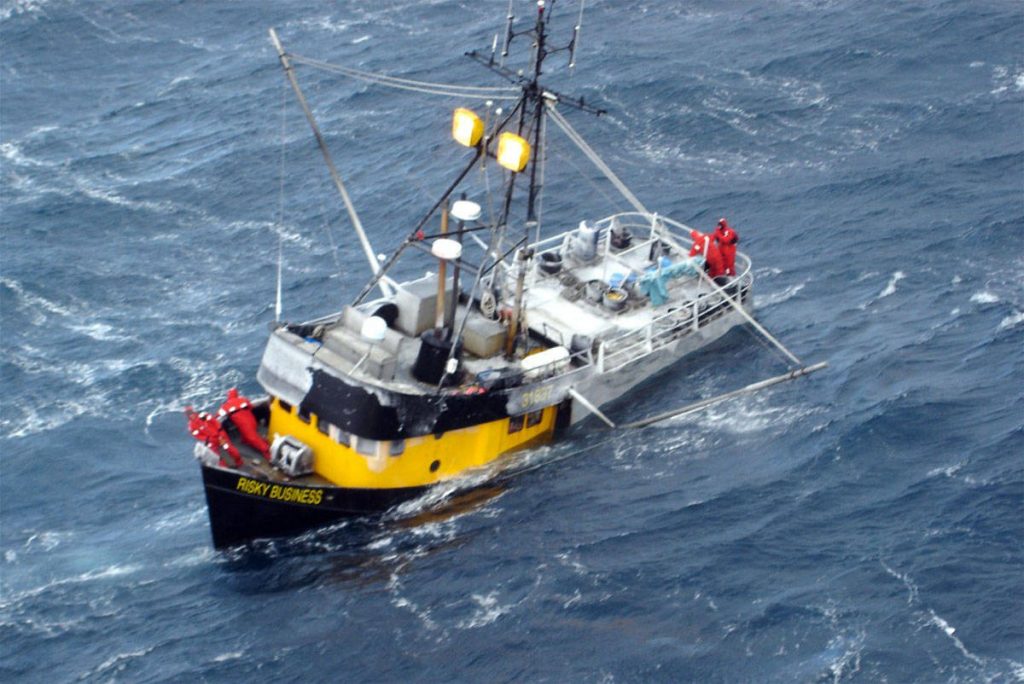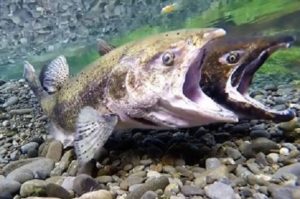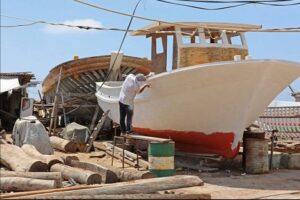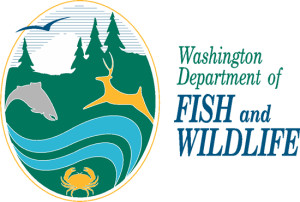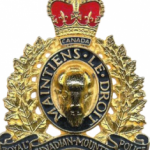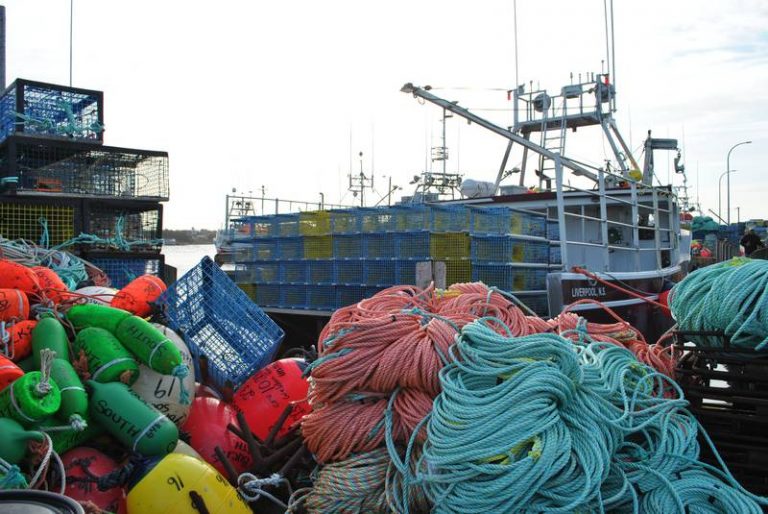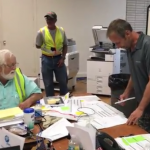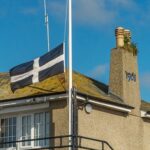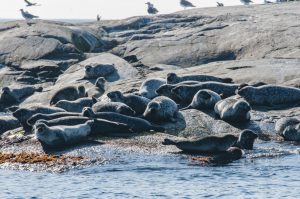Daily Archives: February 12, 2017
Wife identifies crew member aboard missing Seattle-based fishing boat
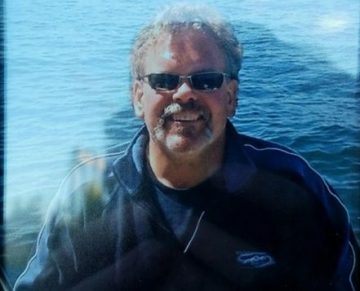 A crew member aboard a missing Seattle-based fishing boat has been identified. Coast Guard crews in Alaska are searching for the fishing vessel Destination, a 98-foot crab boat from the Port of Seattle last heard from near St. George, Alaska. Gail O’Grady says her husband, Larry O’Grady, has been fishing on the Destination for the past 20 years, and that he’s been fishing in Alaska for close to 30 years. She says Larry served as the boat’s engineer and fill-in captain. She and her husband live in Poulsbo. The last time she saw him was in December. Gail, as well as other fisherman and loved ones who knew Larry and the rest of the crew, say they were exceptionally experienced. Video, Read the story here, and pray for these men tonight 22:11
A crew member aboard a missing Seattle-based fishing boat has been identified. Coast Guard crews in Alaska are searching for the fishing vessel Destination, a 98-foot crab boat from the Port of Seattle last heard from near St. George, Alaska. Gail O’Grady says her husband, Larry O’Grady, has been fishing on the Destination for the past 20 years, and that he’s been fishing in Alaska for close to 30 years. She says Larry served as the boat’s engineer and fill-in captain. She and her husband live in Poulsbo. The last time she saw him was in December. Gail, as well as other fisherman and loved ones who knew Larry and the rest of the crew, say they were exceptionally experienced. Video, Read the story here, and pray for these men tonight 22:11
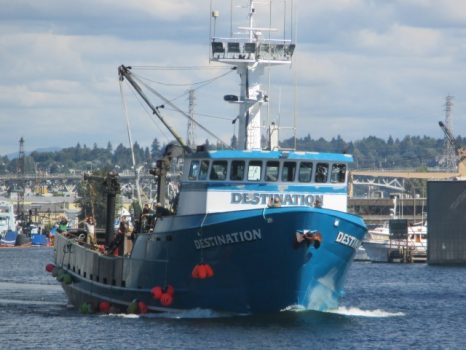
Search continues for Fishing Vessel Destination
On February 11, the 98 foot long fishing vessel Destination was reported missing and presumed lost in the Bering Sea northwest of St. George Island, Alaska. The Coast Guard received an automated EPIRB signal (Emergency Position-Indicating Radio Beacon) from the fishing vessel around 7:15 a.m. Saturday morning The Coast Guard dispatched helicopters and directed two nearby vessels to search for the Destination. Citizens on St. George Island began searching the shoreline for possible survivors or any signs of the fishing vessel. By 10 a.m. the beacon was found in a debris field that included a buoy and life ring that had the fishing vessel’s name on it. An oil sheen was visible in the water indicating the vessel may have foundered in the vicinity. The Coast Guard confirmed there were six crew on board when the vessel departed from Seattle. Continue reading here 11:52
More information – Seattle-based crab boat, crew of six, reported missing at sea Click here to read 16:57
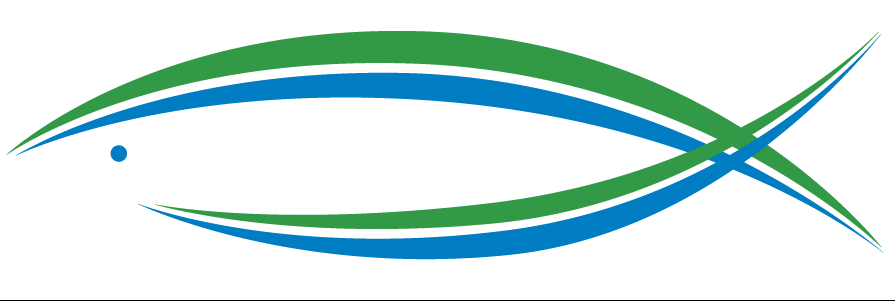
Mid-Atlantic Fishery Management Council Meeting in Kitty Hawk, North Carolina: February 14-16, 2017
The public is invited to attend the Mid-Atlantic Fishery Management Council’s February 2017 meeting to be held February 14-16, 2017 in Kitty Hawk, North Carolina. The meeting will be held at the Hilton Garden Inn Kitty Hawk, 5353 N. Virginia Dare Trail, Kitty Hawk, NC 27949. Webinar: For online access to the meeting, Click here Meeting Materials: Briefing documents will be posted as they become available. Click here 11:10
Bill would prohibit fish farming in US Great Lakes waters
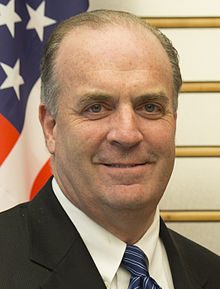 A member of Congress is sponsoring a bill to prohibit fish farming in waters of the Great Lakes within the United States. Democratic Rep. Dan Kildee of Michigan says poorly operated aquaculture facilities can increase pollution, destroy fish habitat, spread disease and introduce non-native species. Michigan has received proposals for net-like commercial fishing enclosures in the Great Lakes. There are none in U.S. Great Lakes waters at present, although Canada has allowed them. Kildee’s bill also would ban aquaculture on rivers designated as wild and scenic, unless the facilities are shown not to discharge pollutants into the rivers. The Michigan Department of Environmental Quality recently granted a permit to expand a fish farm on the Au Sable River in Grayling. The Au Sable is a wild and scenic river. Link 10:30
A member of Congress is sponsoring a bill to prohibit fish farming in waters of the Great Lakes within the United States. Democratic Rep. Dan Kildee of Michigan says poorly operated aquaculture facilities can increase pollution, destroy fish habitat, spread disease and introduce non-native species. Michigan has received proposals for net-like commercial fishing enclosures in the Great Lakes. There are none in U.S. Great Lakes waters at present, although Canada has allowed them. Kildee’s bill also would ban aquaculture on rivers designated as wild and scenic, unless the facilities are shown not to discharge pollutants into the rivers. The Michigan Department of Environmental Quality recently granted a permit to expand a fish farm on the Au Sable River in Grayling. The Au Sable is a wild and scenic river. Link 10:30
Fish war on?
 After the smallest Kenai River dipnet catch in eight years, there are hints that the little people of Alaska’s urban core might at last be arriving at the realization that they are the only ones who can protect their interest in Alaska salmon for dinner. A message populating on social media over the weekend was calling dipnetters to a “meeting at Cabela’s, Anchorage sunday evening from 6 to 7 concerning dipnetting and BOF. Pass it on.” BOF is the acronym for the Board of Fisheries for the state of Alaska. It is the entity that sets seasons and catch limits for commercial, sport and personal-use fisheries around the state. It will later this month take up the issue of management of Cook Inlet salmon, an always contentious matter in which the interests of average Alaskan fishermen and women have historically proven secondary. To a large degree, fishery managers with the Alaska Department of Fish and Game say, this is simply unavoidable. Commercial fishermen working offshore in the Inlet get the first crack at returning salmon, and the commercial fishery is the big dog in the management scheme. Salmon managers use it to regulate the numbers of salmon getting into streams all around the region with the intent being to maximize the catch while still meeting spawning goals. Continue reading the article here 09:06
After the smallest Kenai River dipnet catch in eight years, there are hints that the little people of Alaska’s urban core might at last be arriving at the realization that they are the only ones who can protect their interest in Alaska salmon for dinner. A message populating on social media over the weekend was calling dipnetters to a “meeting at Cabela’s, Anchorage sunday evening from 6 to 7 concerning dipnetting and BOF. Pass it on.” BOF is the acronym for the Board of Fisheries for the state of Alaska. It is the entity that sets seasons and catch limits for commercial, sport and personal-use fisheries around the state. It will later this month take up the issue of management of Cook Inlet salmon, an always contentious matter in which the interests of average Alaskan fishermen and women have historically proven secondary. To a large degree, fishery managers with the Alaska Department of Fish and Game say, this is simply unavoidable. Commercial fishermen working offshore in the Inlet get the first crack at returning salmon, and the commercial fishery is the big dog in the management scheme. Salmon managers use it to regulate the numbers of salmon getting into streams all around the region with the intent being to maximize the catch while still meeting spawning goals. Continue reading the article here 09:06


































